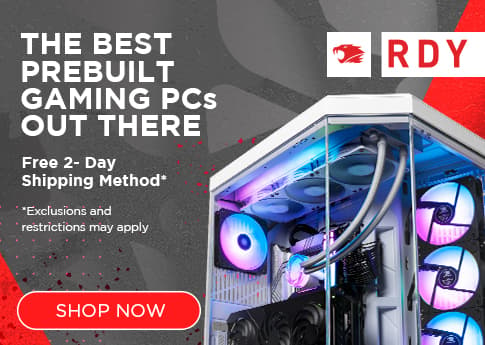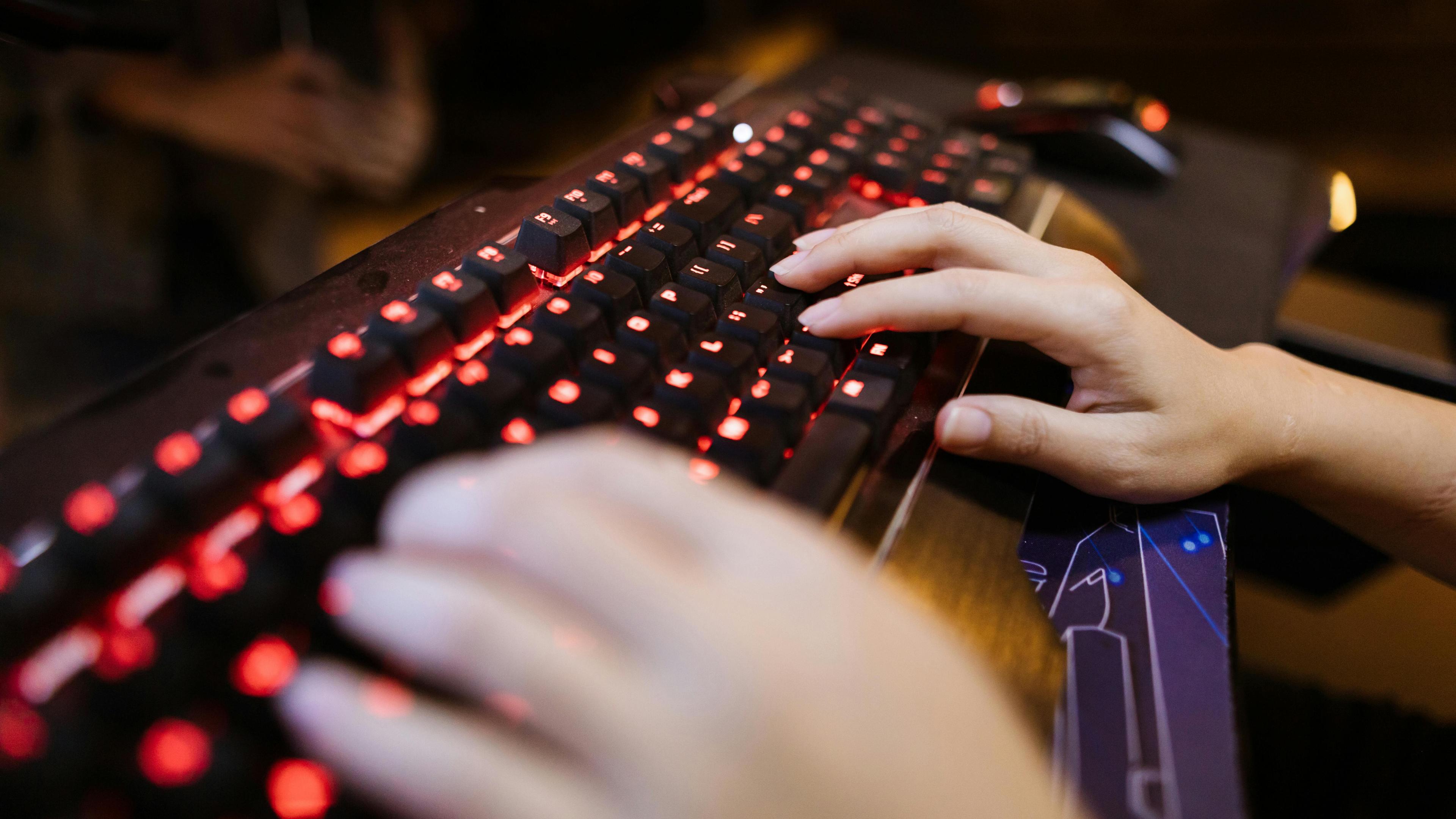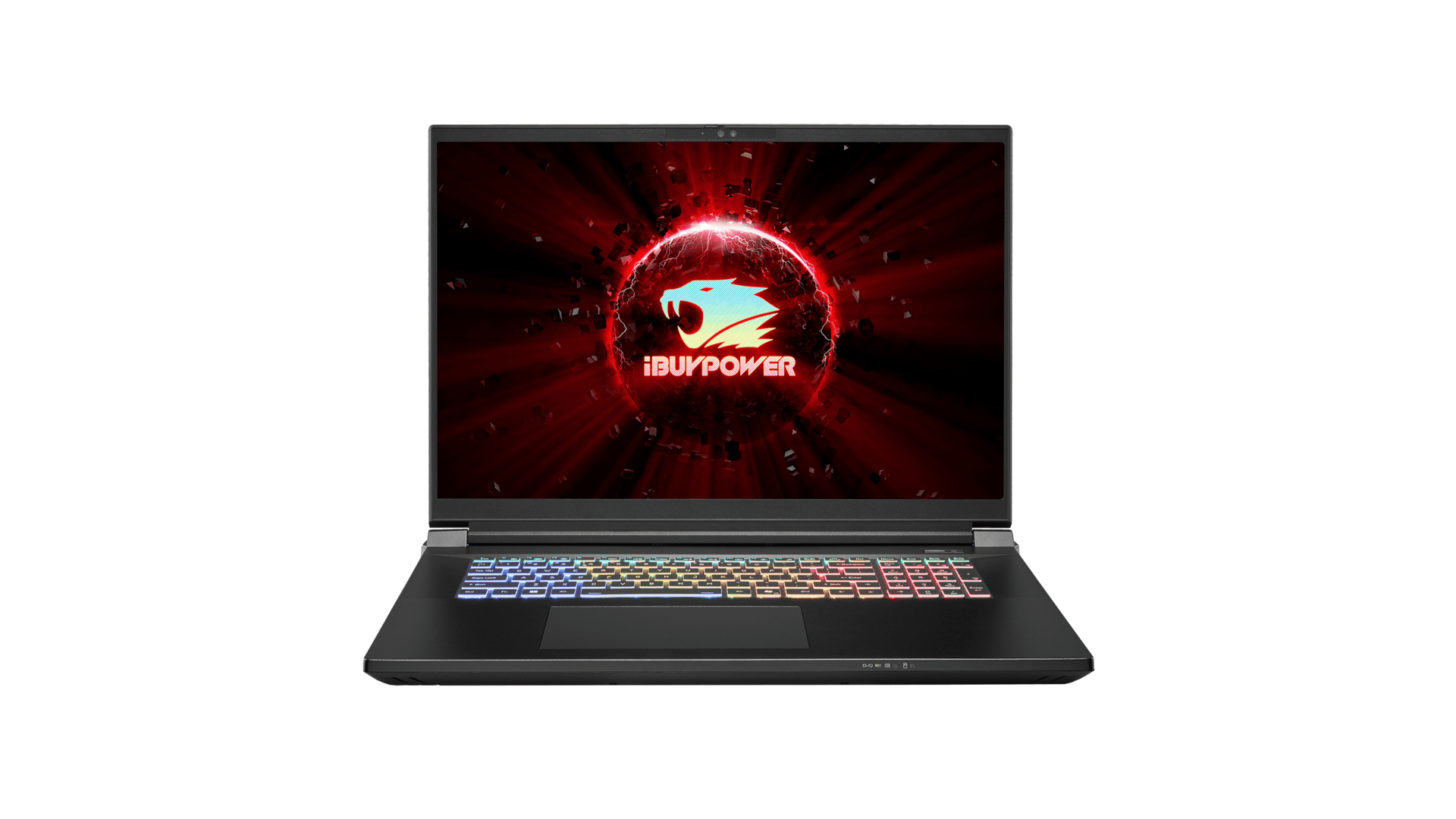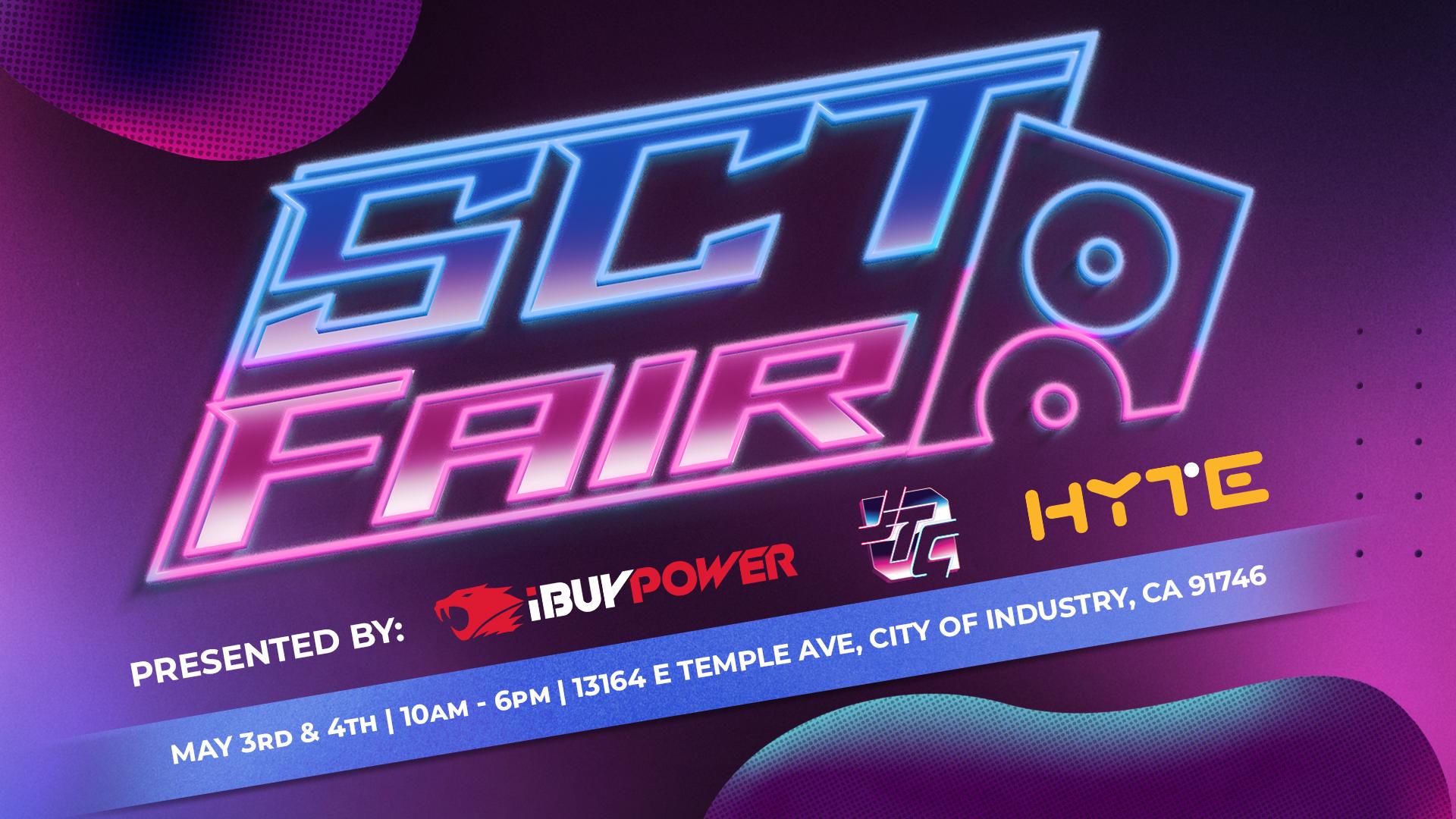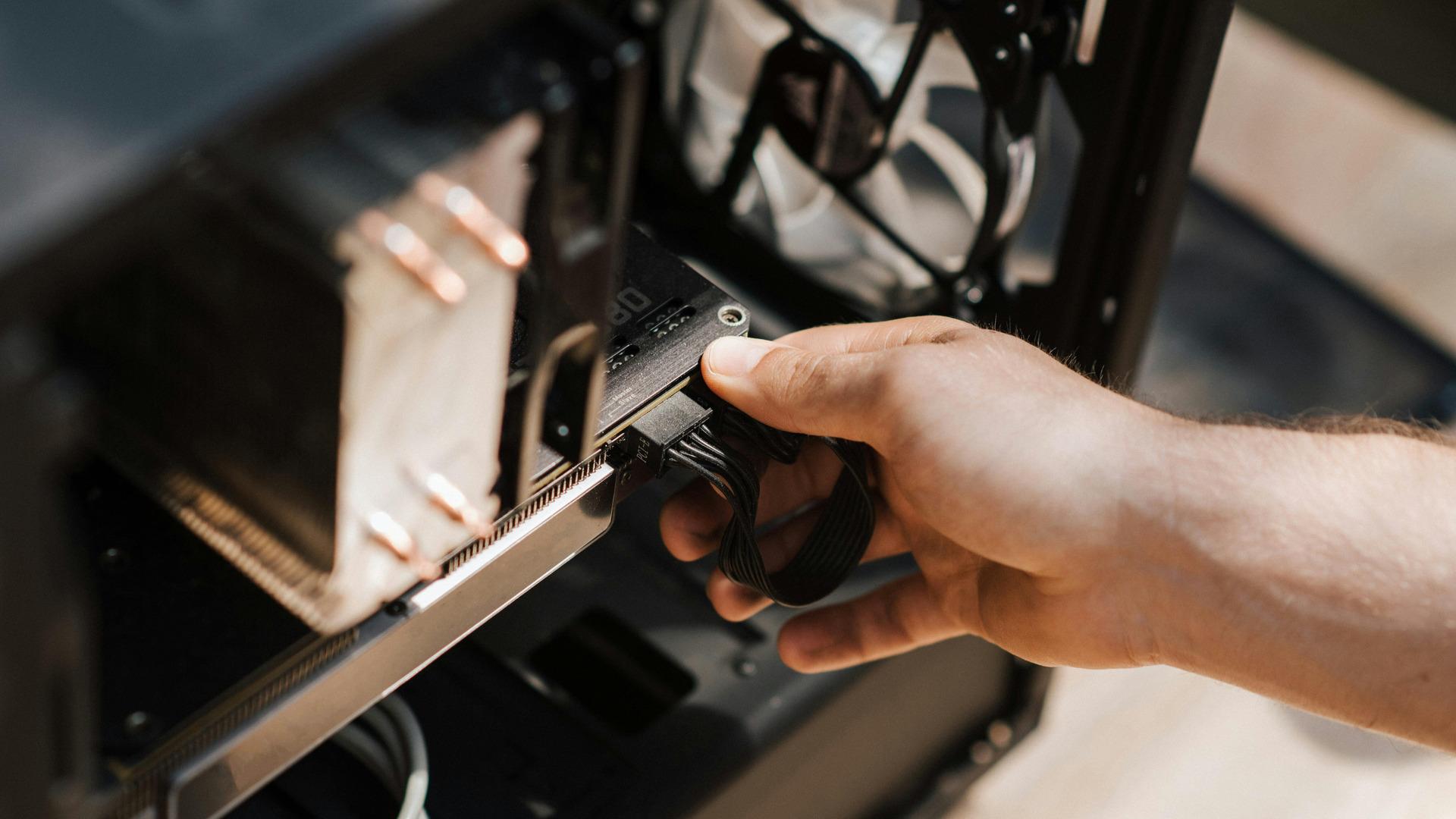When shopping for a high-performance computer, there are workstation and gaming PCs, which both handle complex computational tasks and outperform regular desktop systems. These systems feature better processors, high-end GPUs, and advanced hardware.
However, comparing a workstation PC vs. a gaming PC, they serve different purposes and excel in unique areas.
The Differences Between a Workstation PC vs. Gaming PC
Although they are usually sorted into separate categories, there is now more overlap between a workstation vs. a gaming PC since gaming hardware has become powerful enough to handle professional applications, while workstation PCs can also run games.
The difference between these two computer systems lies in their hardware optimization. Workstation PCs prioritize stability and computational performance, while gaming PCs focus on delivering high-quality visuals and responsiveness. Here are a few other ways these systems differ in the debate on gaming vs. workstation PCs.
Use Cases
A workstation PC is for professionals needing high computational power for demanding tasks such as 3D modeling, CAD, video editing, and scientific research. These systems have specialized hardware and feature multiple PCIe lanes and ISV-certified software for compatibility with professional tools.
Gaming PCs are primarily for gaming, featuring the latest processors with multiple cores and threads, high-end GPUs, and fast DDR RAM. While gaming PCs are for entertainment, PC users can also use them for professional tasks.
Hardware
The hardware for a workstation PC vs. a gaming PC requires high-end processors. However, workstations typically feature CPUs like Intel Xeon or AMD Threadripper, optimized for parallel processing, handling large data loads, and maximizing productivity in tasks such as 3D modeling, video editing, and scientific simulations. In contrast, gaming PCs use processors such as the Intel i7, i9, or AMD Ryzen 7 and 9 series, which prioritize raw performance for smooth gameplay, fast multitasking, and high frame rates.
With GPUs, workstations often utilize specialized graphics cards like NVIDIA Quadro or AMD Radeon Pro, designed for precision, stability, and rendering accuracy. These cards have larger VRAM to handle complex models and large textures. Gaming PCs, however, use consumer-grade GPUs like NVIDIA GeForce or AMD Radeon to deliver high frame rates and stunning graphics in real time.
RAM and storage configurations differ significantly, as workstations generally have larger RAM capacities. These capacities often range from 32GB to over 128GB, with ECC (Error-Correcting Code) RAM to prevent data corruption during intensive tasks. Gaming PCs typically use 8GB to 32GB of DDR4 or DDR5 RAM, with high-end models featuring up to 64GB for activities like live streaming. Workstations often use SSDs and HDDs for storage, while gaming PCs primarily rely on SSDs for faster data access.
Workstation motherboards focus on expandability and compatibility, supporting more PCIe slots, RAM slots, and specialized CPU sockets like TR4 or LGA 3647. Gaming motherboards are for performance and customization, featuring support for overclocking, high-speed memory, and aesthetic features like RGB lighting.
Software
While primarily designed for entertainment, gaming PCs can handle professional applications like video editing or 3D modeling, but they lack the customization and specialized software support of workstation PCs. With a higher core and thread count, workstations can handle more complex calculations, though they may not be as versatile for gaming tasks.
Gaming PC software is typically consumer-focused, with operating systems like Windows Home optimized for gaming performance. These systems don’t require the extensive security protocols, enterprise features, or support that professional setups demand. While gaming PCs can run professional software, certain features may not be fully compatible with consumer-grade hardware.
In contrast, workstation PCs often use specialized operating systems like Windows 10 for Workstations or specific Linux distributions. These systems have features like Resilient File System (ReFS) and Non-volatile Dual In-line Memory Module (NVDIMM-N) support, making them suitable for demanding applications. Workstation software also adheres to higher security standards, caters to multiple users, and ensures seamless updates, which is crucial for business and enterprise environments. Additionally, specific professional tools, like SolidWorks’ RealView Graphics, are only available on workstation-grade hardware.
Performance
Comparing gaming vs. workstation PCs is arbitrary in performance, as they excel in their respective fields. Gaming PCs handle intensive gaming environments but are versatile enough to manage demanding tasks like video editing and 3D modeling. However, workstations are engineered explicitly for heavy computational workloads, outperforming gaming PCs in areas requiring significant processing power, such as simulations, CAD, and scientific research.
Features
When comparing the features of a workstation PC to a gaming PC, several key distinctions emerge, particularly in terms of stability, versatility, aesthetics, and reliability.
- Stability: Workstation PCs perform intensive tasks like rendering, simulations, and data analysis without crashing or creating disruptions, making stability critical to their functionality. Gaming PCs prioritize high performance and fluid gameplay, so while stability is still important, a crash or system instability in a gaming PC doesn’t carry the same risk or consequence.
- Versatility: Modern gaming PCs are incredibly versatile, with high-performance components that can handle gaming and other demanding tasks. Many gamers choose the latest hardware to “future-proof” their systems, ensuring they can handle new games and applications without frequent upgrades. Workstation PCs are more specialized, and although they can handle gaming, their component design focuses on accuracy and precision.
- Aesthetics: Workstation PCs are typically utilitarian in appearance, focusing on functionality, expandability, and efficient cooling. They often have bulkier cases for easier upgrades and better airflow. Gaming PCs are more visually striking, with flashy RGB lighting, transparent side panels, and custom cooling solutions.
- Reliability: Workstations last longer with higher-quality components that can withstand continuous heavy workloads. Gaming PCs typically need frequent upgrades, and sometimes, overclocking squeezes out extra performance, potentially shortening their usable life.
While gaming PCs are flexible and often more cost-effective, workstations provide the specialized performance, stability, and reliability needed for professional applications that demand high accuracy and consistent performance.
Price
The cost of a workstation vs. a gaming PC varies significantly based on the system’s configuration. Workstations generally have more specialized and high-end components, making them more expensive.
Gaming PCs are available at various prices, offering more flexibility and accessibility for users with different budgets. While some high-end gaming PCs may approach workstation prices, they are generally more affordable, especially in lower and mid-range configurations.
While gaming PCs may offer better price-to-performance ratios, workstations are often necessary for professionals who rely on stability, accuracy, and support.
Gaming vs. Workstation PC: Which is Better?
Ultimately, there isn’t a universally “better” option, as choosing between a gaming vs. a workstation PC comes down to your specific needs. A workstation is the right choice if your work relies on stability and professional certifications. A gaming PC might be your best option if you value entertainment and performance or are working on a budget. Some users may even custom-build systems, combining elements of both system types to suit their needs.
Get the Best Gaming PC for Your Set Up
Whichever you choose between a workstation PC vs. a gaming PC, both systems offer incredible performance and cater to different needs.
If you want a high-quality gaming PC that delivers top-tier performance for gaming and more, look no further than iBUYPOWER, as our customizable options and powerful hardware offer the perfect balance between performance and price.
Visit iBUYPOWER today to find everything you need to build the ultimate gaming setup, including accessories for your PC. To see our all our sales, check our coupons page or our daily deals page for the newest discounts. To stay updated on all things iBUYPOWER follow us on our socials:
Instagram iBUYPOWER
Facebook iBUYPOWERPC
TikTok @iBUYPOWER
Reddit /r/iBUYPOWER
Discord iBUYPOWER
